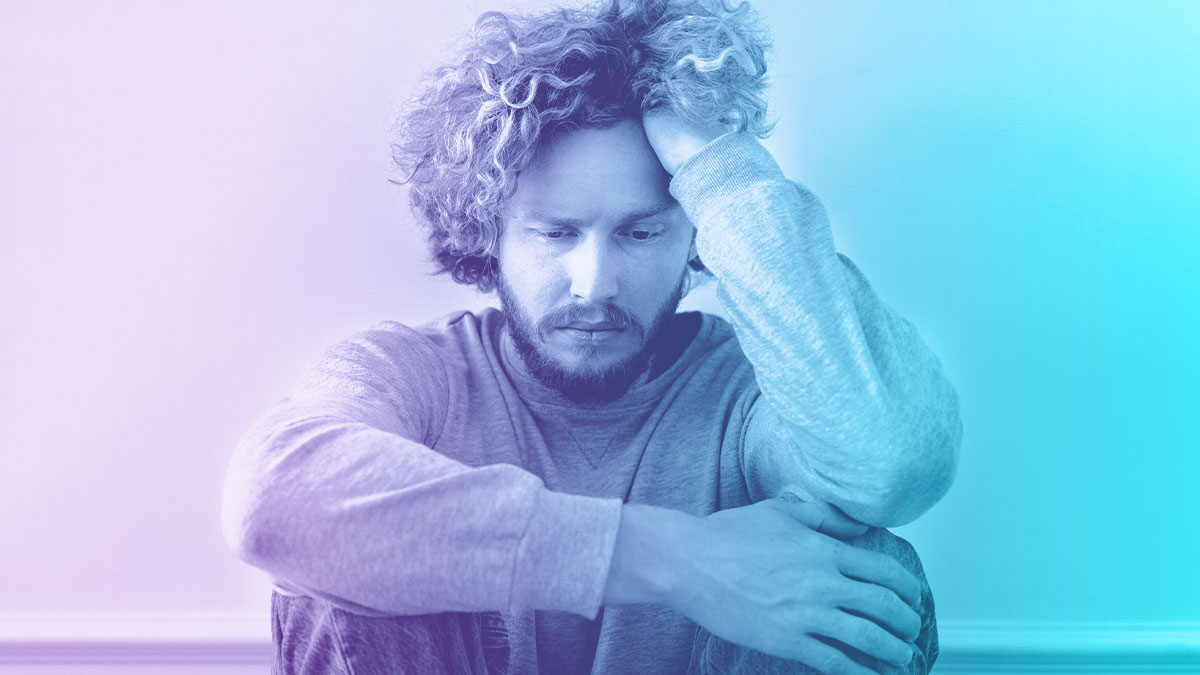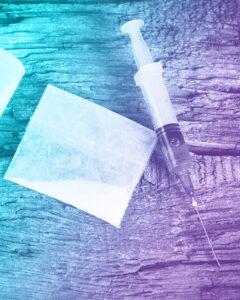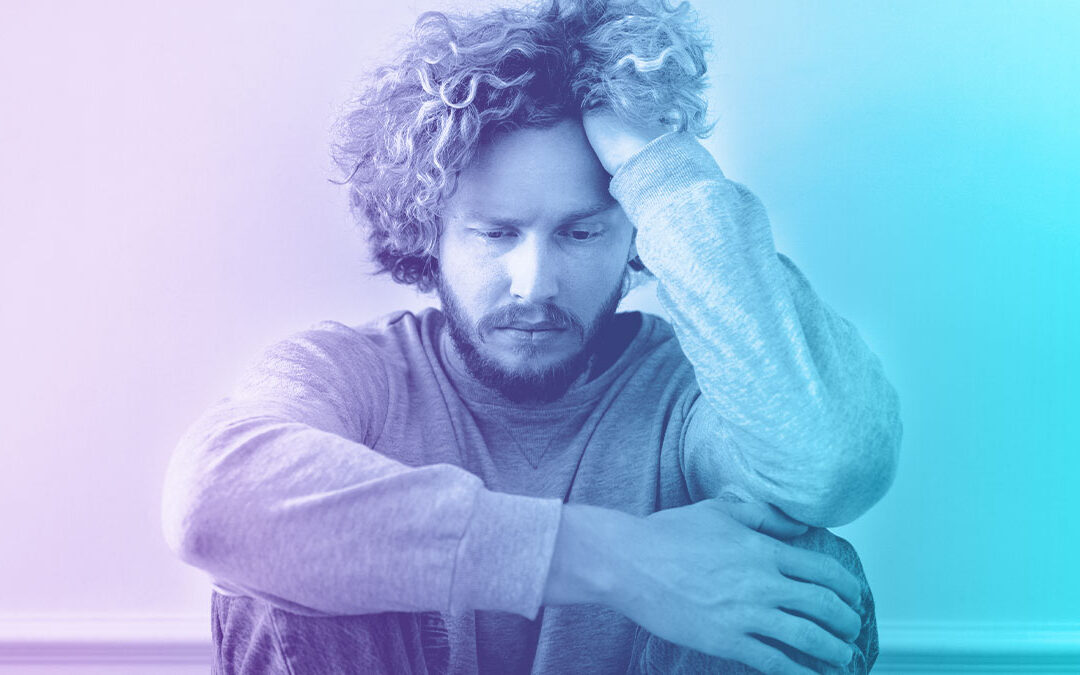Why Does Heroin Make You Itch

Your buddy listens to your concerns and lets you in on a secret – heroin is readily available and much cheaper than those fifths of vodka. You are skeptical, but you are out of work and needing relief. What could it hurt? Trying heroin does exactly what you need it to do, the pain is gone and you can actually function to some extent. After the first few doses, you notice your skin is red. As you dip in and out of consciousness, you find yourself itching like crazy. What is going on? Why does it feel like bugs are crawling under your skin?
In 2019, Pinellas County experienced 651 non-fatal opioid overdoses per 100,000 residents. This was only between the months of January to March. At Clean Recovery Centers, we understand the devastating effects opioids like heroin can have on the mind and body. Our unique three-phase approach has helped hundreds to find recovery. Today, we are looking into one of the most prominent and uncomfortable side effects of heroin – itching. Why does heroin make you itch? Let’s dive in.
What Is Heroin?
While many people know what heroin is, there are many effects most do not know about. Heroin is a synthetic opioid, meaning it is man-made and derived from morphine. Heroin works by binding to the opioid receptors in the brain, releasing feelings of pleasure, euphoria, and relaxation. Most will describe this initial high as a “rush,” as the effects of heroin are felt almost immediately, depending on the method of intake.
The Causes Of “Heroin Itching”
Pruritus is a form of skin itching that does not involve skin lesions, and it’s common with heroin use. Many other conditions can result in pruritus, but when it comes to heroin use, the itching is referred to as drug-induced itching. The body is signaling an immune response, causing receptor proteins on the surface of mast cells to react. Similar to an allergic reaction, these mast cells trigger itching when opioids are in the body.
Another cause of itching with heroin use originates from the central nervous system. Heroin can cause the opioid receptor system to react and transmit signals to the brain that trigger itching. While many of the opioid receptors are in the brain, others are linked to nerve fibers that are located in the skin and hair follicles.
A telltale sign of heroin addiction is injection site wounds. Abscesses and skin infections around the areas where heroin is injected can cause itching as they heal. These wounds typically take longer to heal as heroin use can weaken the immune system over time.
The Forms of Heroin That Cause Itching
As we have talked about, heroin is an opioid, in the same class as fentanyl, oxycodone, morphine, and hydrocodone. Therefore, the form that heroin is in does not matter when it comes to itching. The unpleasant side effects of heroin can be felt whether the powder or black tar versions are used. While the itching can always vary in severity, the opioid receptors’ job is to bind to any opioid that enters the body. Itching is a side effect that cannot be avoided.
The Difference Between Skin Picking and Scratching
 When you think of scratching an itch, usually the motion involves rubbing the area with your fingers or using your nails to swipe the skin. When we are bitten by a mosquito, the urge to itch is strong, even though we know scratching the bite is not helpful to healing. Heroin produces a similar effect, signaling scratching is a need.
When you think of scratching an itch, usually the motion involves rubbing the area with your fingers or using your nails to swipe the skin. When we are bitten by a mosquito, the urge to itch is strong, even though we know scratching the bite is not helpful to healing. Heroin produces a similar effect, signaling scratching is a need.
Skin picking is not the same as scratching or even itching. When scabs form over wounds, they become scaly and flaky. These scabs can be “picked at” and torn from the skin, reopening the wound. Those who inject heroin are more likely to have these wounds and scarring from repeated picking. The compulsion to pick can happen in the lucid state while using heroin, or after the high has worn off trying to get rid of the marks.
Is Scratching Bad?
The brain signals scratching as a defense mechanism, alerting the skin that something is there that shouldn’t be. However, scratching over time can lead to serious damage to the skin. Typically, we use our nails to scratch an itch. Our skin is sensitive, and the nails can break through all of the layers of skin, causing bleeding and wounds. Heroin suppresses pain, so scratching an itch too deep is common because the pain is not felt. With the immune system already weak, healing these scratch areas will take longer.
How To Stop Skin Picking
While scratching is a response to signals from the brain and central nervous system, skin picking is more of a compulsion. Dermatillomania is a mental health condition in which the person picks at the skin and hair and is often associated with those who have obsessive-compulsive disorder (OCD). It can be triggered in those who have acne or eczema. Similarly, those with heroin use disorder can develop the urge to pick when seeing the wounds and infections on the skin from injections.
Heroin withdrawal can be uncomfortable, and seeing the marks and scabs on the skin can be triggering to picking, depression, and anxiety. With proper medical assessments and treatment, skin picking can be managed and future urges reduced.
The Effects Heroin Has on the Skin
Heroin can affect the skin in many ways. With itching and picking already wreaking havoc on the skin, the nerves underneath can eventually become damaged. Heroin is also often cut with different substances, and “rizzy” has been a recent cause of necrosis of the skin.“Rizzy” is the powder used to add to store-bought flowers, extending their life. When mixed into heroin, it causes skin necrosis that when left untreated, has turned severe and required surgery to heal.
Getting Treatment for Heroin Use Disorder in Tampa, FL
There is much more to heroin use besides itching. Heroin overdose has been a well-known topic in our society, especially with fentanyl on the market everywhere we turn. We all know someone who has been affected by the opioid crisis, whether a family member, friend, or even ourselves. There is no shame in seeking help, and it could mean the difference between life and death.
Here at Clean Recovery Centers, we have a unique, three-phase approach to treatment for addiction to heroin. Each client that walks through our doors will receive an assessment where we can discuss the best course of treatment for our clients. The atmosphere at Clean is family-like, and housing is provided at every stage of treatment for those who need it. Our housing is also certified by the Florida Association of Recovery Residences (FARR) so there is no doubt that you will be staying in a safe and healing place.
If you or someone you love is living with a heroin use disorder, it is never too late to seek help. Our trained staff is here to provide support and medical treatment every step of the way. We also prioritize mental health, and we can diagnose and treat a mental health condition at any stage of treatment. Call us today at (888) 330-2532 to learn more about our program options.
FAQs
Is itching a common side effect of heroin?
It has been proven with opioid use such as heroin that itching is a prominent side effect.
Is itching an allergic reaction to heroin?
Itching from heroin use is commonly a trigger from the central nervous system. However, heroin is cut with different substances that could cause an allergic reaction.
How can you stop skin picking?
Skin picking is a compulsive behavior, and with proper medical and mental health treatment, it can be managed and reduced.
Sources:
- https://www.floridahealth.gov/%5C%5C/statistics-and-data/fl-dose/_documents/non-fatal-od-2019-q1.pdf
- https://my.clevelandclinic.org/health/diseases/22706-dermatillomania-skin-picking#:~:text=Dermatillomania%2C%20also%20known%20as%20skin,reduced%20sense%20of%20well%2Dbeing.
- https://www.ncbi.nlm.nih.gov/pmc/articles/PMC6666922/


